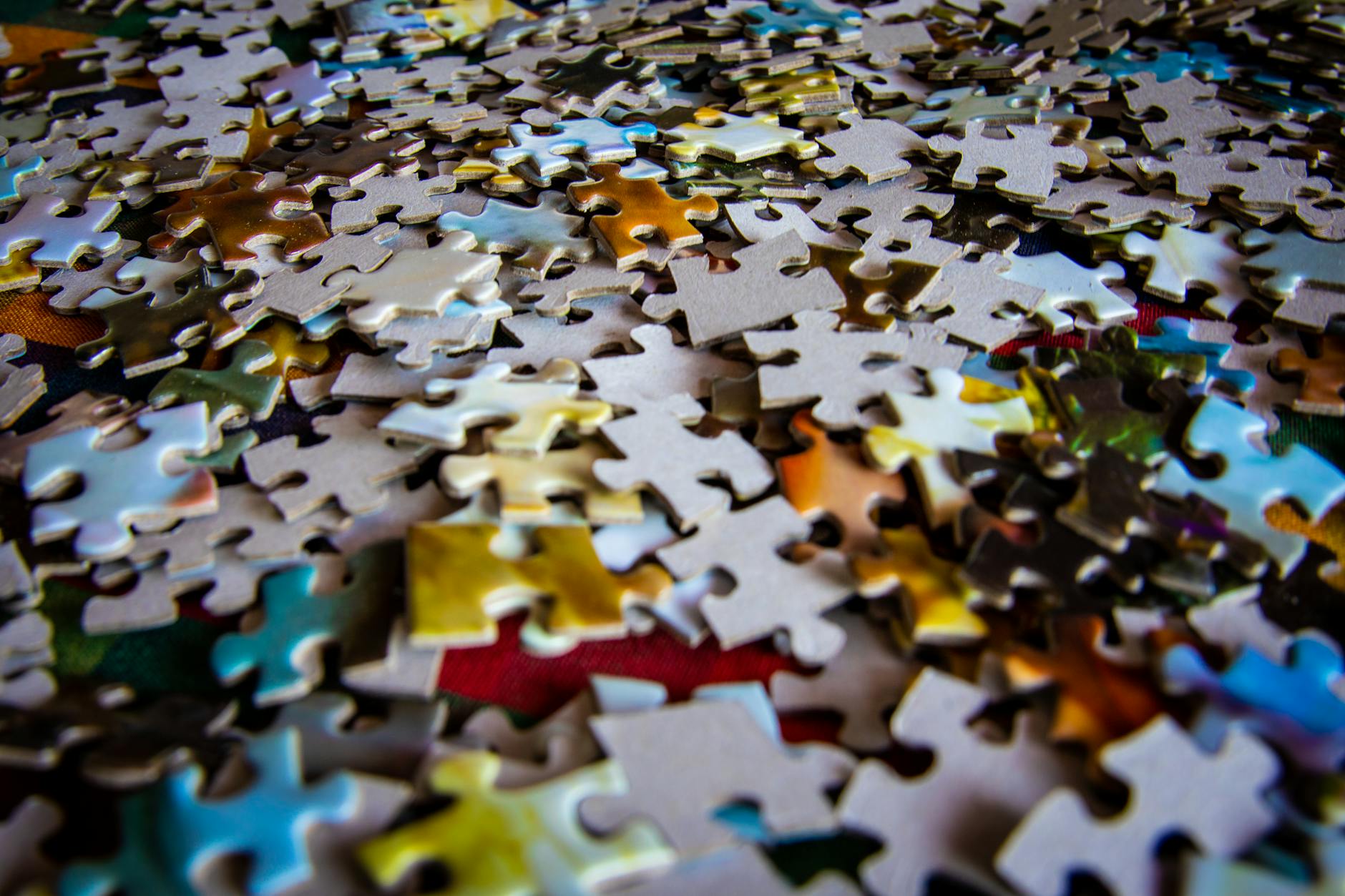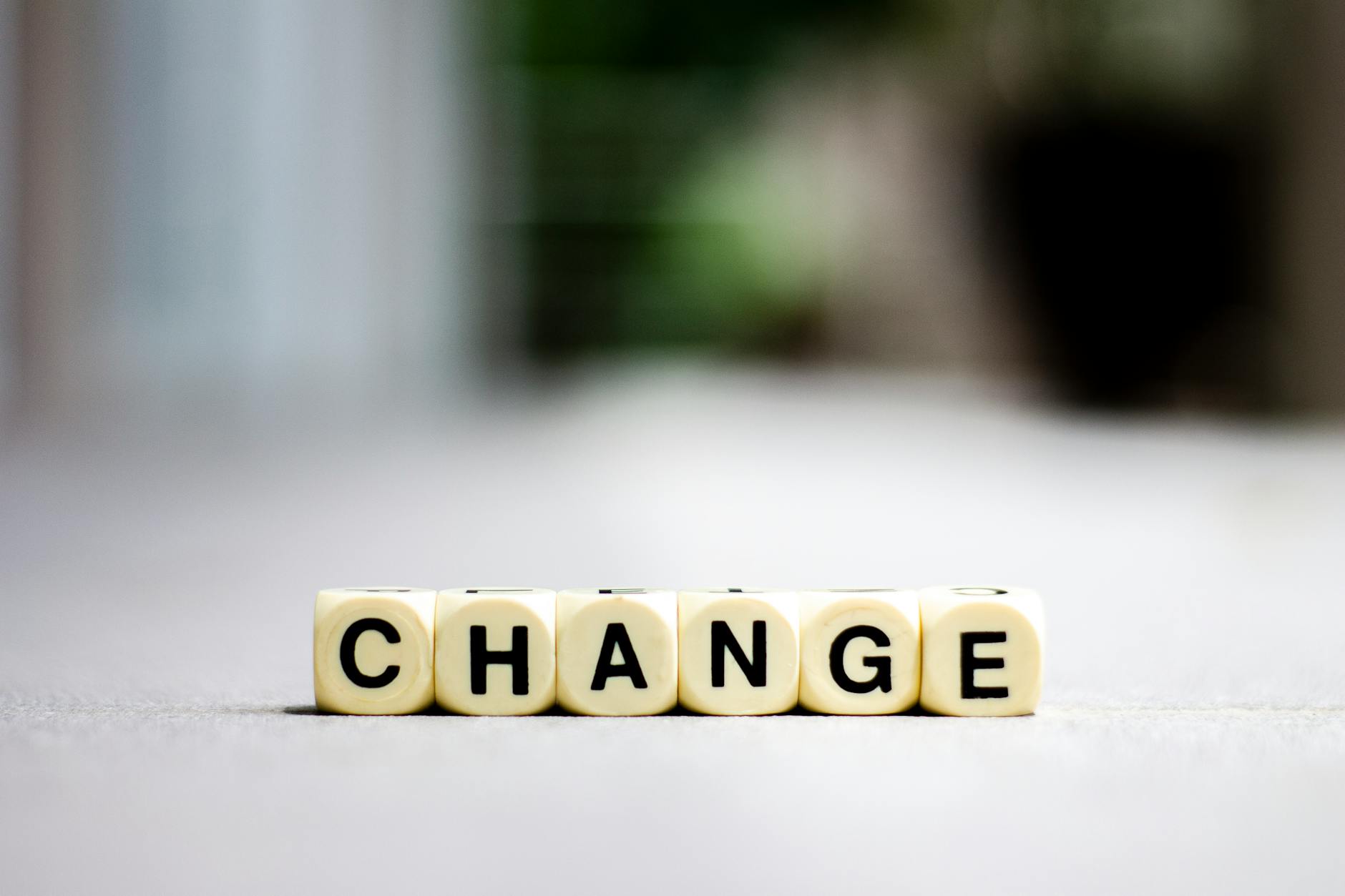Goodbye 2025, Hello 2026

On this first day of 2026 I’m sure many people are writing their resolutions for the new year. I chose instead to reflect on the highs and lows of 2025, what I’ve learned, and inklings of what may come next. So before I say hello to 2026, I will say goodbye to 2025. It seems … [Read more…]






